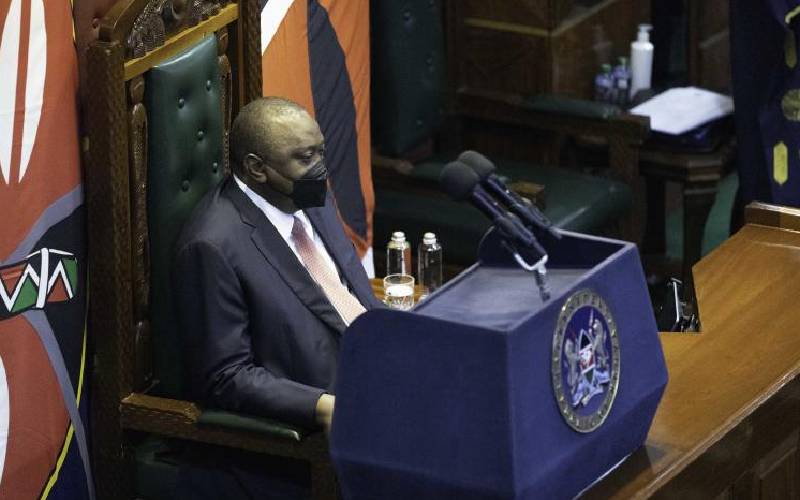×
The Standard e-Paper
Smart Minds Choose Us

President Uhuru Kenyatta hardly mentioned the much-touted increase of boarding schools in pastoralist areas in his State of the Nation address. [PSCU]
According to Education 2030 Framework for Action, Kenya appears to be headed nowhere in terms of achieving Sustainable Development Goal 4 targets.